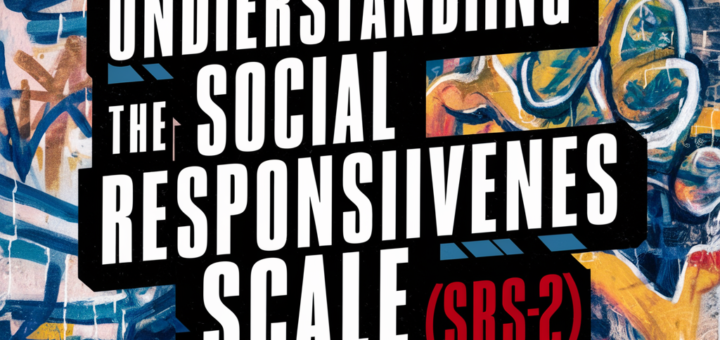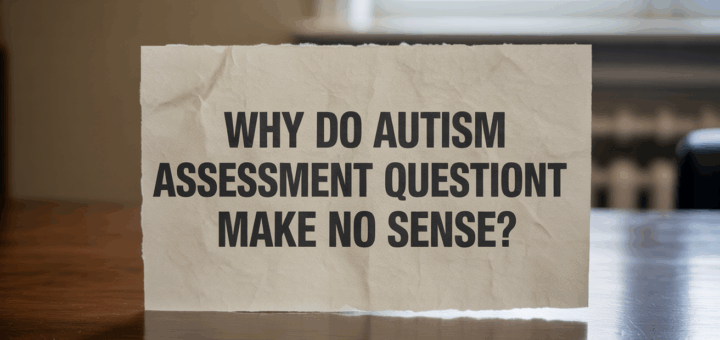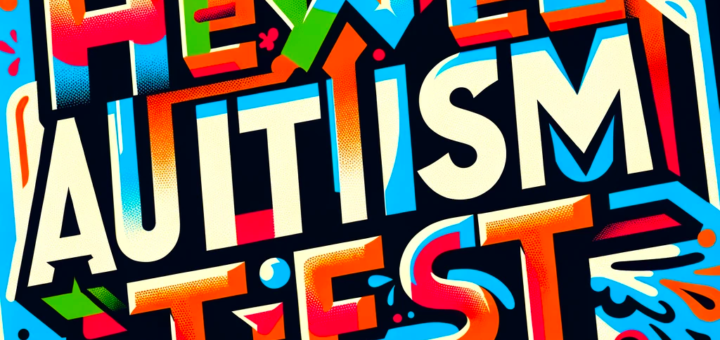Category: Autism Diagnosis and Testing
Tool Type Age Range Administration Time Administrator Format Key Features Strengths Limitations Diagnostic Value ADOS-2 (Autism Diagnostic Observation Schedule, 2nd Edition) Observational assessment All ages (includes modules for different developmental levels) 30-60 minutes Trained...
The Social Responsiveness Scale, Second Edition (SRS-2), is a 65-item rating scale used to evaluate ASD symptom severity in natural social settings. It includes forms for different age groups and yields several scores. While the Total Score is crucial, interpreting subscale profiles and considering context is essential for accurate assessment and intervention planning.
This guide provides practical steps for individuals of all ages. It helps children, teens, and adults who are preparing for an autism diagnostic assessment. It aims to demystify the process, reduce anxiety, and ensure...
TL;DR: Assessment Question Problems vs. Better Approaches Comparison table showing problems with traditional autism assessment questions and improved alternatives Problem with Traditional Questions Why It Makes No Sense Better Approach Vague Language“Do you find...
Facial Recognition and Autism Spectrum Disorder: Can AI Detect Autism Through Facial Features? TL;DR: While facial recognition and autism spectrum disorder research shows AI can detect autism with 96% accuracy through facial features and...
Autism Spectrum Disorder (ASD) is a developmental disorder that affects communication and behavior. Diagnosing ASD can be challenging, as there is no single medical test to diagnose it. Instead, healthcare professionals rely on various tools and assessments, including the Autism Diagnostic Observation Schedule (ADOS). This blog post explores what ADOS is, how it works, and why it’s an important tool in autism diagnosis.
Have you ever felt fundamentally “different” from your peers? Do you find yourself exhausted after a simple social gathering? Do small changes to your routine feel like a major disruption? If you’ve typed “autism...
Heywise Autism Test Review 2025: Expert Analysis & Accuracy Assessment 🚨 TL;DR – Key Facts About Heywise Autism Test ❌ NOT Medically Valid Entertainment quiz only, zero clinical validation 📊 Accuracy Claims FALSE No...
Find autism diagnostic services and evaluations for adults across the United States Provider Types Telehealth/Online Medical Center Specialized Center Assessment Center University Center Multi-location Provider Home-based Service All Providers Key Information Cost Range: $1,000...
The Camouflaging Autistic Traits Questionnaire (CAT-Q) is a novel tool developed to assess how individuals with autism spectrum disorder (ASD) mask their autistic traits to adapt socially. The tool, consisting of 25 items scored on a 7-point scale, identifies tactics such as masking behaviors and compensatory strategies. Significant camouflaging correlates with mental health challenges and can hinder timely diagnosis and support. The CAT-Q aids in clinical evaluations, potentially improving autism screening accuracy, adjusting support services, and facilitating research on camouflaging behaviors.









